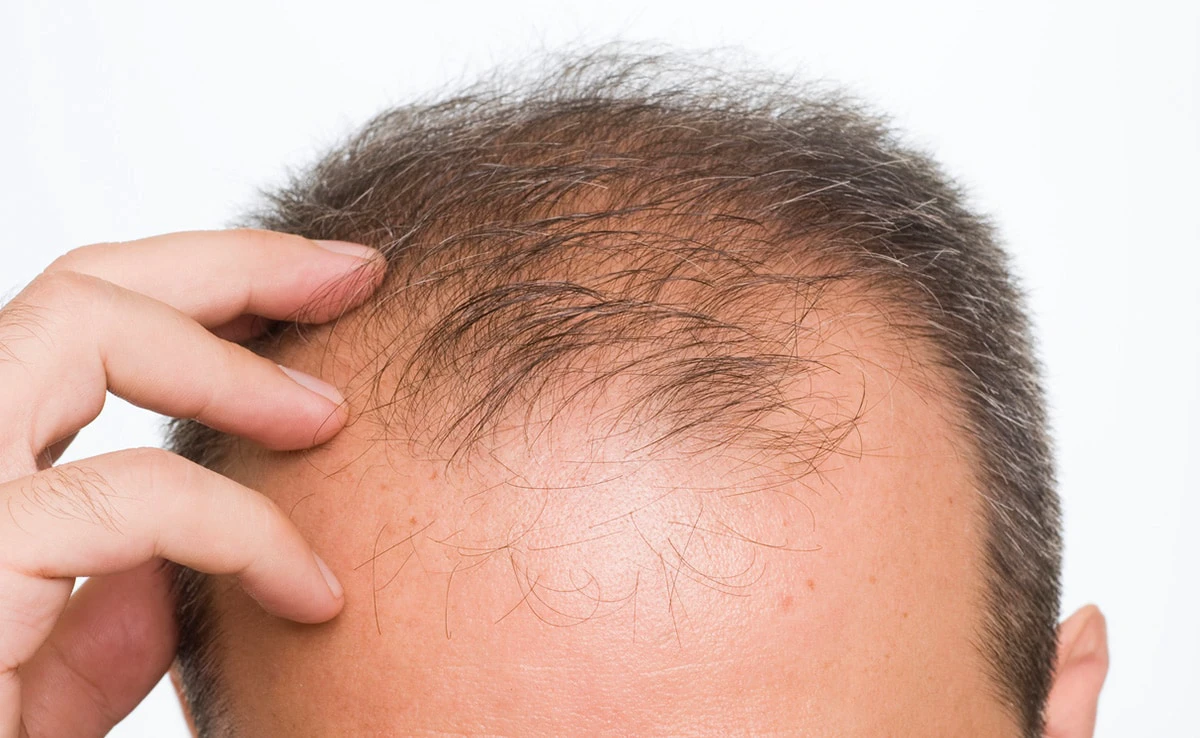A from Israel has revealed that finasteride, a popular hair-loss medication, may increase the risk of mood disorders and suicidal thoughts.
Approved by the US FDA ( Food and Drug Administration) in the 1990s, finasteride has been linked to long-term brain inflammation and changes in the hippocampus, affecting learning, memory, and emotions. Despite warnings dating back to 2002, the FDA only added depression as a potential side effect in 2011 and suicidal ideation in 2022.
“The evidence is no longer anecdota. We now see consistent patterns across diverse populations. And the consequences may have been tragic,” Dr. Mayer Brezis, a professor at the Hadassah-Hebrew University Medical Center and lead author of the study,
In a trial related to a finasteride user’s suicide, Dr Brezis uncovered internal FDA documents revealing that experts had recommended adding “suicidal thoughts and behavior” to the drug’s label as early as 2010.
“The advice was rejected by the agency without disclosing the internal discussion and the rationale for the final decision,” Brezis wrote in the .
In an internal FDA document from 2010, Dr Brezis uncovered large sections redacted as “confidential,” including estimates of people potentially affected by finasteride’s side effects. Despite the FDA logging only 18 finasteride-related suicides by 2011, Brezis argues the actual number could be in the thousands globally.
The doctor also criticised Merck, the original manufacturer of finasteride, for not conducting thorough safety research and regulators for not demanding it. He recommends suspending finasteride’s marketing for cosmetic use until its safety is reassessed.
Is there an alternative?
A new study suggests that stevioside, a natural sweetener from the stevia plant, can enhance the absorption of topical minoxidil, the active ingredient in Rogaine, into the skin. This combo was tested on mice with androgenetic alopecia and showed promising results, stimulating hair follicles to grow new hair.
For the study, researchers created a dissolving microneedle patch with stevioside and minoxidil, which improved the drug’s absorption and effectiveness.
“Using stevioside to enhance minoxidil delivery represents a promising step toward more effective and natural treatments for hair loss, potentially benefiting millions worldwide,” co-corresponding author Lifeng Kang of the University of Sydney in Australia said in .
Androgenetic alopecia is a widespread condition, affecting approximately 80 million people in the US. It’s estimated that by age 50, over 50% of men and 25% of women will experience noticeable hair thinning or loss.
